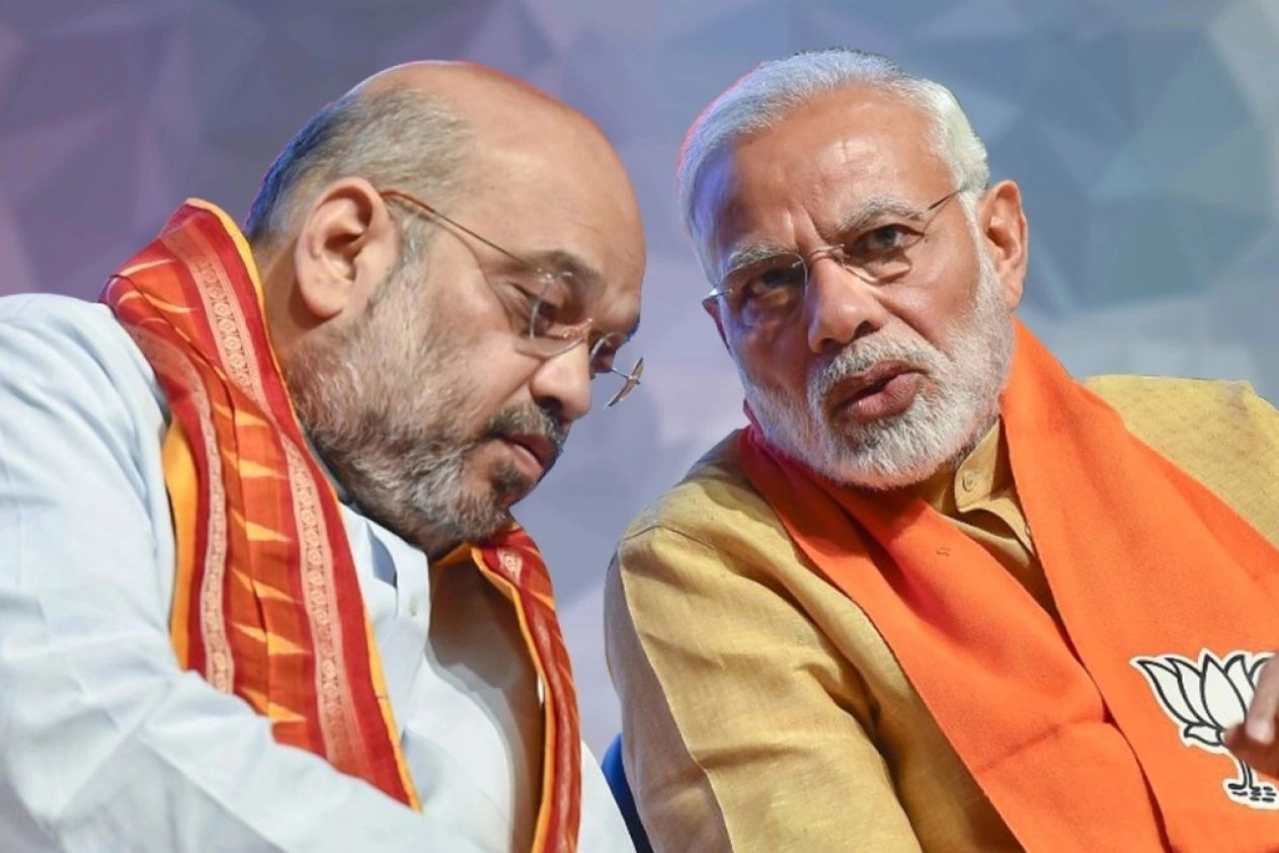

By Sunil Garodia
First publised on 2019-12-24 13:37:45
Although there were many indications that the BJP was on its way out in Jharkhand, the defeat will still rankle, more so because it had won over 51% of the votes and 11 out of 14 Lok Sabha seats just seven months ago. But the party will do well to read the signals correctly and revise its strategy. It lost in the state mainly because:
1. Its chief minister, Raghubar Das, had lost touch with the people and had antagonized several party leaders. There was huge anti-incumbency against his rule and the party could have done well to replace him.
2. The party had failed to win over estranged allies like All Jharkhand Students' Union and it cost it dearly. The outfit managed to get nearly 8% of the popular votes.
3. Although it provided a stable government for the full term of five years, the governance was marred with issues such as trying to create a divide between Christian and non-Christian tribals or turning a blind eye towards mob lynching in the name of cow protection.
4. The tribal tenancy laws were sought to be changed and the Adivasis took it as an attempt to 'steal' their land. No attempt was made to explain the position to them or assuage their feelings. The result was that BJP lost heavily in the tribal seats.
5. There was negligible development and the youth was restless.
6. There was no attempt to project a tribal face.
7. The party was hit by infighting and several leaders, notably Saryu Rai, left.
8. The party ignored local issues and Modi and Shah kept on highlighting national issues like NRC and CAA in their rallies. This failed to find resonance with the masses who were more concerned about shrinking jobs, rising inflation, corruption and rising crime.
If we go by the recent trend, people have started voting differently for assembly and Lok Sabha elections. That was proved in the way the BJP won massively in the Lok Sabha elections in Rajasthan and Madhya Pradesh despite having lost state elections just a few months ago. It has been confirmed once more in Jharkhand. While the 2019 elections proved that the Modi factor still counts nationally, at least in the northern and western states (which send the bulk of MPs to Parliament), subsequent results in state elections, like in Maharashtra, Haryana and Jharkhand, have shown that people are more influenced by good governance, development, local and bread and butter issues in state elections. The BJP has failed to understand this and has tried to rely on Modi to win the states for it. This is a flawed strategy.
The party will now have to revise its strategy if it wishes to reverse the trend. The Bihar and Delhi elections are round the corner. The result in Jharkhand will give a leg up to the opposition. Nitish Kumar's JD(U) is also not a reliable ally and Kumar is known to be against NRC and CAA, at least privately. The BJP will now have to project local leaders who can win elections without riding on the coattails of Modi. It has been proved repeatedly that while Modi can win national elections, he cannot always guarantee a win in a state election. Local leaders, strategic alliances and focus on local issues are things that count more in assembly elections. If it does not mend its ways, the BJP will start resembling the Congress (the party it loves to hate) and meet the same fate. That seems most likely if those controlling the party do not shed their haughtiness.











